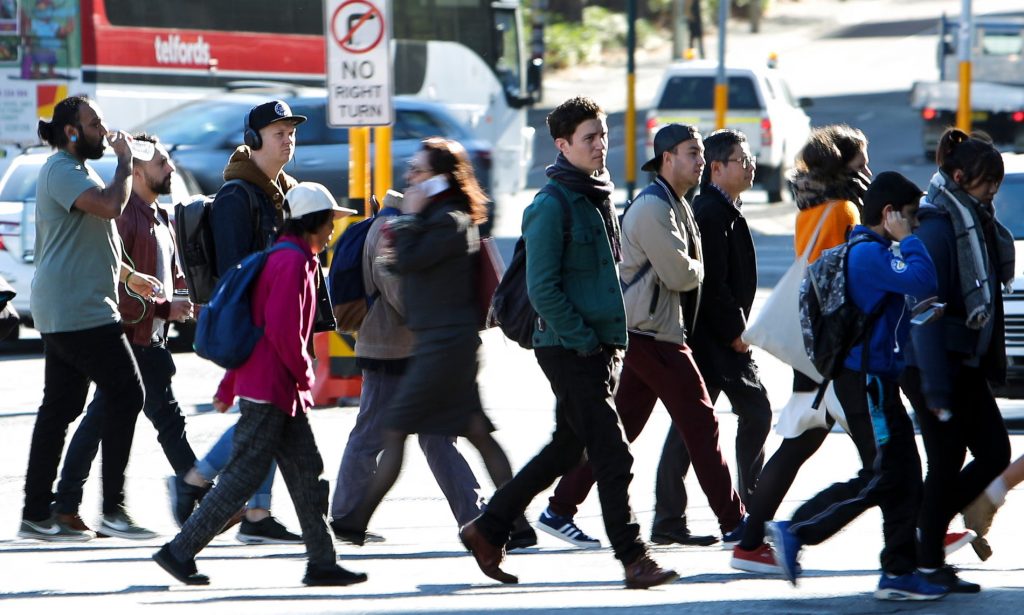A new report has found that migrant workers in Australia take far fewer sick days than the average employee, raising concerns about their access to healthcare and workplace support. The study, commissioned Bupa, shows that many migrants avoid taking time off even when they need it, which may put their physical and mental health at risk. This finding has sparked calls for organisations to offer stronger support systems for the migrant workforce.
The white paper revealed that 39% of migrant workers had never taken a sick day, while another 38% took only one or two days off in the past year. This is very different from the nine to 14 sick days taken each year by the average Australian worker. A key question people ask is: Why do migrant workers take fewer sick days? The answer is tied to fear, uncertainty, and misunderstandings about their rights at work.
According to Dr Tony MacDermott, clinical director at Bupa Health Services, many migrants come from countries where workers can be deported if they develop certain health conditions. This experience shapes how they see their rights in Australia. Some worry that taking unscheduled leave might cost them their job, while others fear that seeking medical treatment could affect their visa status.
These fears have serious effects. Only 13% of migrant workers with poor mental health have visited a doctor, and only 18% have accessed counselling services. Many said they avoid medical care because they cannot take time off work. Others face language barriers, making it harder to explain their symptoms or understand medical advice. About 51% said their cultural background also affects how they seek care.
The report points out that employers can help fix this problem. It encourages businesses to support migrant workers through flexible work options, diversity training, inclusive policies, and subsidised health insurance. These steps can make it easier for migrants to feel safe taking time off when they are unwell.
Offering virtual, after-hours, or on-site health services could also reduce pressure on migrant workers, especially those who struggle to take time off for appointments. The report adds that workplaces should make mental health conversations normal and provide support in different languages and cultural formats so every worker feels understood.
Dr MacDermott said employers, policymakers, and healthcare providers must address mental health needs, workplace pressure, visa worries, and financial stress that stop migrants from taking sick leave. He stressed that normalising how sick leave is used will encourage workers to seek help early.
The report concludes that Australia should move away from focusing only on fixing the healthcare system and instead promote wellbeing in everyday conversations. It argues that supporting migrant workers with proper healthcare and workplace protections is essential for building strong and fair communities.

